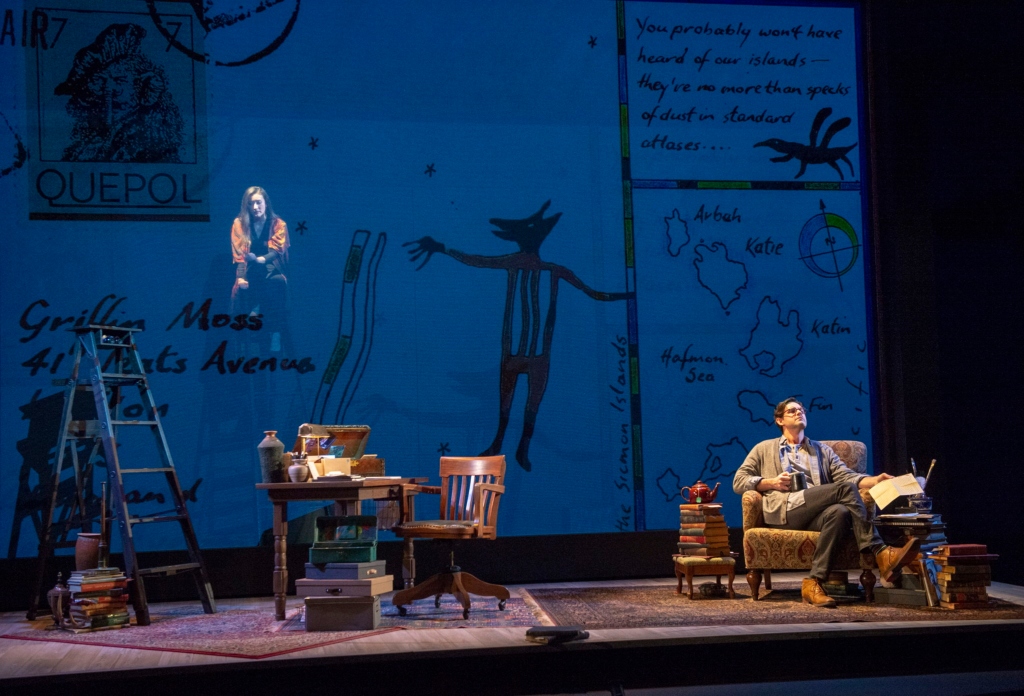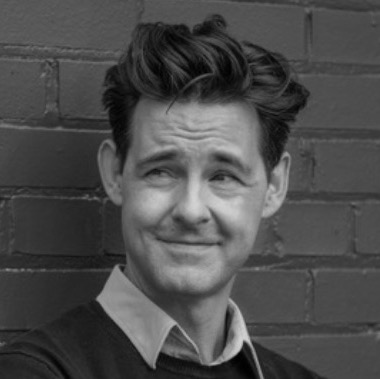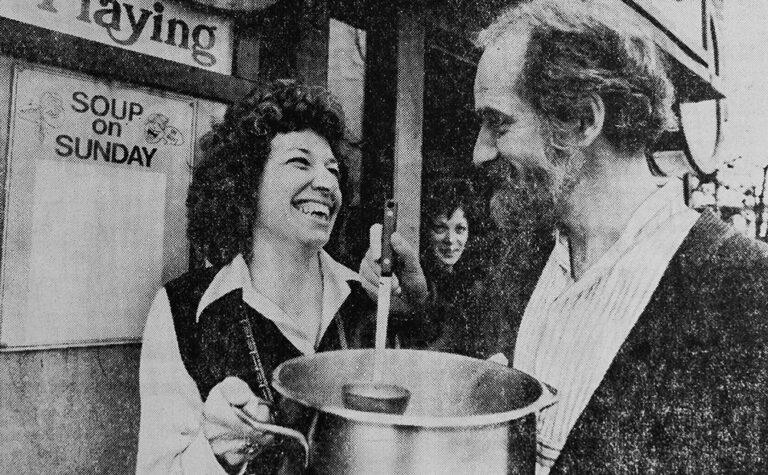The Phoenix and the Fire

“He who sits by the fire, thankless for the fire, is just as if he had no fire. Nothing is possessed save in appreciation, of which thankfulness is the indispensable ingredient.” – WJ Cameron
1.
The day before the fire, I called my sister Jesika in Victoria to wish my nephew a happy birthday. I got her voicemail. When I heard back the next morning, I figured it might be my nephew Sam thanking me for the message, so I sang into the phone, “Heeyyy!” But it wasn’t Sam, it was my brother-in-law, Mike. He was breathing hard.
“Matt, I think you need to talk to your sister right now.”
“Mike?” I was still waking up. “What is it?”
“The house is on fire.”
I sat up in my bed, “What?”
“Our house is on fire. Right now. I’m watching it, the whole thing, everything!”
In the slow motion nano-pause of processing time, I could hear the sound of emergency workers battling the fire in the background. As if I’d been sucked through the phone and appeared on the other end of the line, I could see an abstraction of the house against a blue sky with its windows ablaze. And then I pictured my nephews engulfed inside and it yanked me back into the never-ending present, “I’m afraid to ask, is-”
“Everyone, yes, everyone’s safe, we’re all fine.” Mike said. “Sam got Jasper out and Finn got the tenants in the basement, the boys were…oh man, this is crazy.”
I’m beyond relieved. The biggest concern is vanquished and replaced with pure gratitude. Everything else is manageable. It’s an occupational hazard to take notes while absorbing tragedy. If I broke my arm, my second thought would be “remember this in case you have to play it.” My imagination is tuned to the job of empathetically imagining, what if it was happening to me? My own house is burning, my own family has narrowly escaped a nightmare. But it’s not my nightmare. I’m family, a first responder. So, I return to duty.
“Okay. Just breathe. You’re insured?”
“Yeah, we’re covered.” Mike says.
“What happened? How did it start, do you know?”
“No, we were upstairs—”
“Mike. It’s going to be alright. Everyone’s safe. A year from now, maybe two, you’re going to be handed the keys to a brand new home without any of the headaches from that old money pit.”
“The boys were raised there—all of our stuff…”
“I know, I know. But everything is is replaceable, your children aren’t.”
“Yeah.”
“This is the story you all lived to tell, and you’re going to be telling it for years to come around the dinner table.”
“Thanks man. Can you tell Jes that?”
2.
A couple of days before the fire, we lost our grandmother. And just two years before that, we’d lost our father. It was a difficult time for a lot of reasons and I’d been spending a considerable amount of it since then trying to make sense of these unexpected forces of nature, which seem to arrive unannounced, unwanted, and destabilize our lives.
Just weeks before my sister’s house burnt down, the same thing nearly happened to me.
My fire alarm was beeping. I went to check it. It’s one of those that’s wired to the house so it couldn’t be the batteries. Turns out, the unit had expired. I unscrewed it from the ceiling and left it on the dinner table to remind me to pick up a new one. But that same night, I went to bed, and when I woke up, there was a message from my neighbour asking if I was okay. I rubbed my eyes and looked at the picture she sent. The photo was taken of my house from across the street. The tail end of a fire truck is parked out front, and a fire is raged in the alley next to my house.
I couldn’t believe that I’d slept through the whole thing. The message was time stamped forty minutes after I went to bed. What are the odds that my fire alarm would stop working the night there’s a fire next to my house? And then a few months later my sister’s house goes up in smoke?
I got up and went to check the damage outside. My normally timber-dry fence would have made quick kindling if it hadn’t been drenched by the storm of the previous day. Nevertheless, it was charred black and sap oozed from old knots where heat had liquefied the former lifeblood of the wood. I turned around to look at my neighbour’s former garage. A black square was cordoned off with yellow tape. A streetlamp ten feet over and 25 feet high had its glass face melted like one of Dali’s clocks, rendering it nightly candescent industrial stalactite.

3.

Fire is so completely destructive that it leaves nothing behind. Yet, in its wake is the secret ingredient: carbon, without which all life as we know it could not exist. Life and death held in one of the oldest elements of antiquity.
4.
Hey, Matt, sorry this is late, we’ve been busy with our adjuster, going through all the insurance stuff. Here’s a pic a neighbour took of Sam rescuing Jasper from the house. He’s my hero!

5.


6.
GoFundMe Update Two
Posted by Matthew Edison
Destruction is often the first stage of rebuilding. And so it was yesterday with the house at 1150 McClure. Jesika thought it might be good to document the demo. I asked her how she was feeling (our grandmother had just passed away) and this is what she said:
“Sad and happy at the same time. It was sad to see and hear it come down as the digger crushed through the old place. Hearing the wood, and all our things, crackle and pop. Very sad to see it this way….not unlike Nana. Oh geez, what a time we’re having. But also, I’m happy because things are moving forward. We’re into our temporary digs and some normalcy is returning.”


7.


8.

9.

10.
Dear Mom,
Sorry it’s been so long between letters. The irony is that what’s keeping me away from writing you is all the letters I’ve been reading in my prep to do Griffin & Sabine. The whole play is a series of letters and postcards supported by the extraordinary images of the author/artist of the books, Nick Bantock. I’ve been swamped the last few weeks and now that I’m turning my attention to Victoria and the work ahead. I’m daunted.
Griffin & Sabine is not your typical play. It is a story made for the medium in which it was written and even the Director who also adapted the books for the stage admits that this production is an “experiment.” Yoshié Bancroft (who plays Sabine) and I, never look at each other or speak directly to one another. That’s a very strange, unintuitive, and unique challenge for actors, since we rely so much on our reaction to our scene partners. The subtle nuances of facial expression, tone, and body language, are all welcome handholds for us to hoist ourselves out of the monotony of repetition, and the brains deadly desire to put us on auto-pilot. Essentially, we’re acting in “bubbles”—which is something teachers of the craft have always railed against. Yet, here we are. Thankfully, I know I will be in good hands, but this will be a different kind of animal than what I’m used to. I feel like this may be karma for writing my own play of monologues.
How are you coping after the fire? Having lost your room along with everything in it. I remember you were sad because you lost that photo of papa on your bedside table but is there anything else that stands out? Anything I can help replace? It would have been papa’s birthday last week. Missing him and missing you too.
I will be there soon, possibly before this letter reaches you. In which case, I will dictate this letter to you while you sip your Earl Grey.
Sending love as always,
Your son. xo
11.

12.

13.
My full name is Matthew George Fraser Edison. George from my grandfather on my Dad’s side, Fraser from my papa on my mother’s. Whenever I think of Victoria, I think of my papa, John Fraser. He was quiet, humble, and intelligent. Someone who felt deeply about things but kept it mostly to himself. He would go for lengthy walks after meals. “Postprandials”, he’d call them. Later, I learned to be just a fancy way of saying “after lunch or dinner.” I always wanted to go with him on those postprandials but I was never invited and was too afraid to ask.
Some years later, my nana and papa moved from Ottawa to Victoria. On my first trip to the city I stopped in to see them and the door opened before I could ring the bell. My papa was there, looking older but ruddy. He was already in his boots and coat but now he carried a walking stick. I gave him a hug and he invited me to join him on his walk. I played it casual so as not to seem too eager, “Sure.”
We walked at a determined pace for about an hour discussing everything from the bombing of Dresden, to Shakespeare’s wit, to what makes a good oatmeal cookie. We both shared an affinity for good books, a dumb joke, and treats. It was like hanging out with an older version of myself and I chose to believe the feeling was mutual.
A month later, while studying in New York, I got a call from my mother saying that my papa had died. My mother was equally close with him and it hit us both hard. In Griffin & Sabine, Griffin loses his friend and mentor, Vereker. He gets a call one day when he’s back from school, saying that she had died suddenly of a brain tumour. He confides to Sabine:
“I stood in that cold little hall for ages, paralyzed with an overwhelming sense of loneliness.
I didn’t understand how she could leave me like that.”
My mother was living in a small room at the top of the stairs in my sister’s house before it burned down. She had kept a small black and white photo of her dad by her bedside table. In the photo, my papa is standing tall in his officer’s uniform and holding the hand of my four-year-old mother. Both of them look like the best of friends just back from a walk together, my papa still in his officer’s uniform. When I spoke to my mom on the morning of the fire, all she could say through her tears was, “My father’s picture is gone!” What my mom didn’t know was that the previous Christmas, before the fire swallowed everything, I happened to pop up to my mother’s room and discovered the photograph. I was moved by it, and took a quick picture with my iPhone. A picture of a picture. I sent the copy to a restorer online, explaining the sentimental significance. He assured me he would have it resurrected like a phoenix from the ashes and send it on to the Belfry Theatre in Victoria as per my shipping instructions.
14.
It’s Christmas day in the future, and I am putting the run of our play to bed. I’m climbing the stairs of my sister’s new house and waking up my mother with a present. My sister, and Mike, and the boys are all with me as she peels back the wrapping paper and looks down at her four year-old self, holding the hand of the man who helped bring her into the world, and she weeps. Things come and go. In the parting there is an absence to be filled and with the arrival of the new comes the birth of another cycle repeating forever in infinity. “The visible world is no longer a reality and the unseen world no longer a dream.”











Comments